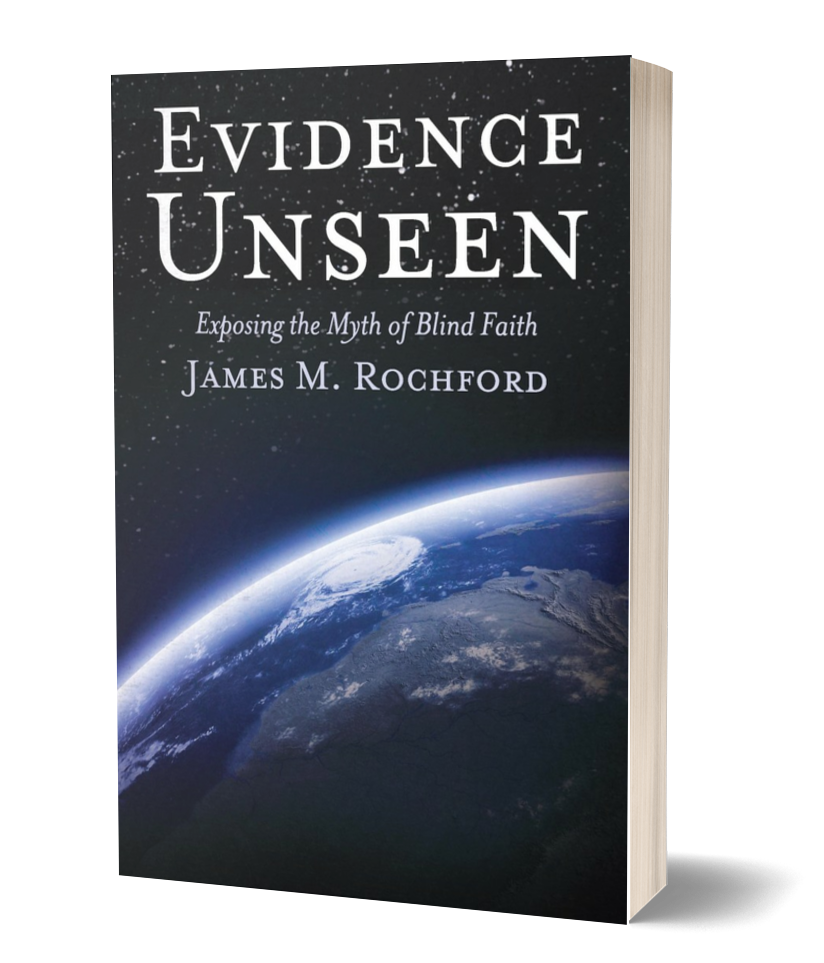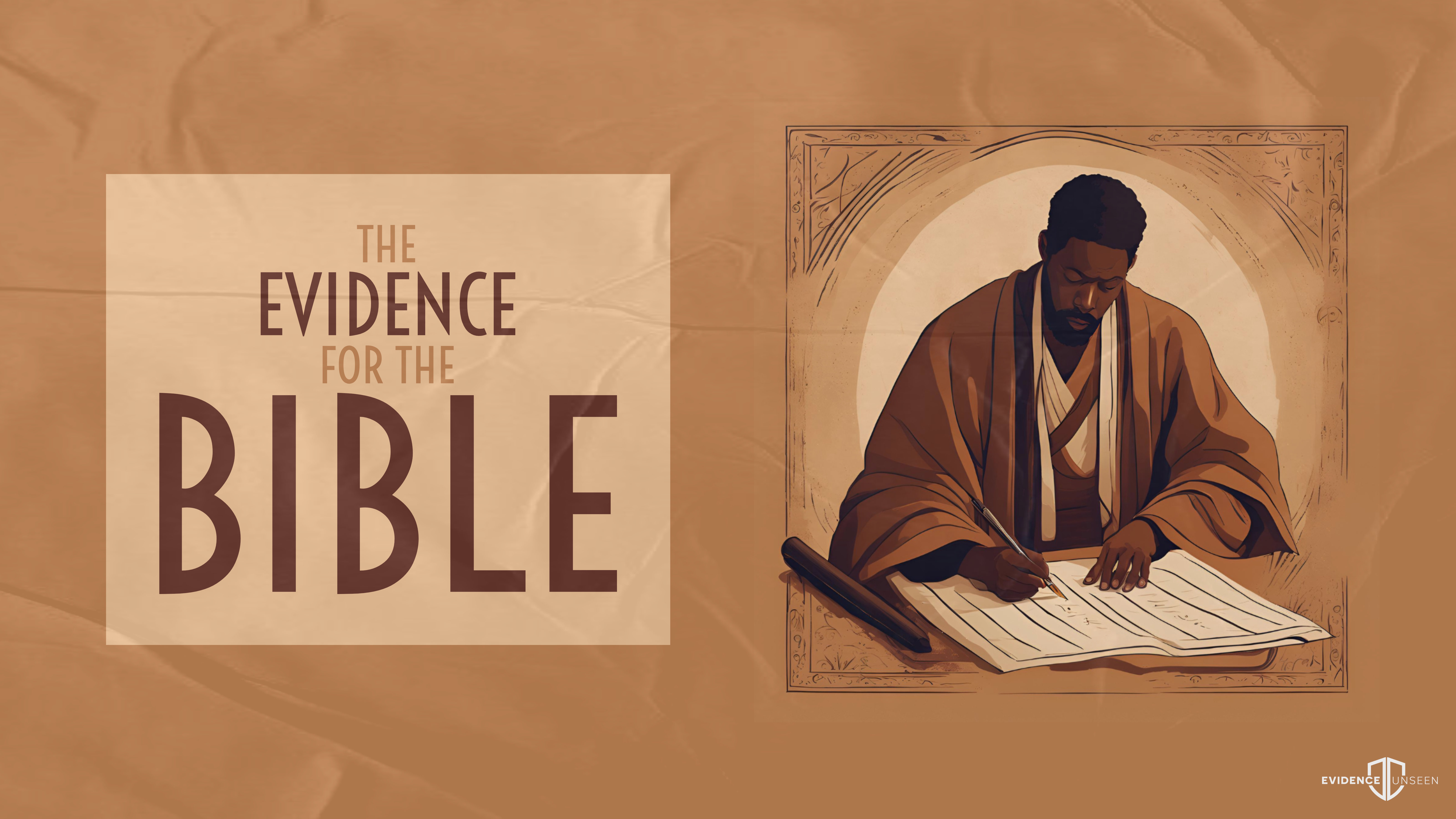An encyclopedia of theological resources
Evidence Unseen equips followers of Jesus to understand, articulate, and graciously defend their Christian convictions. Explore our rich library of well-researched commentaries, apologetics articles, and interactive online courses—resources designed to help you share your faith with clarity, conviction, and compassion.
Find us elsewhere:





